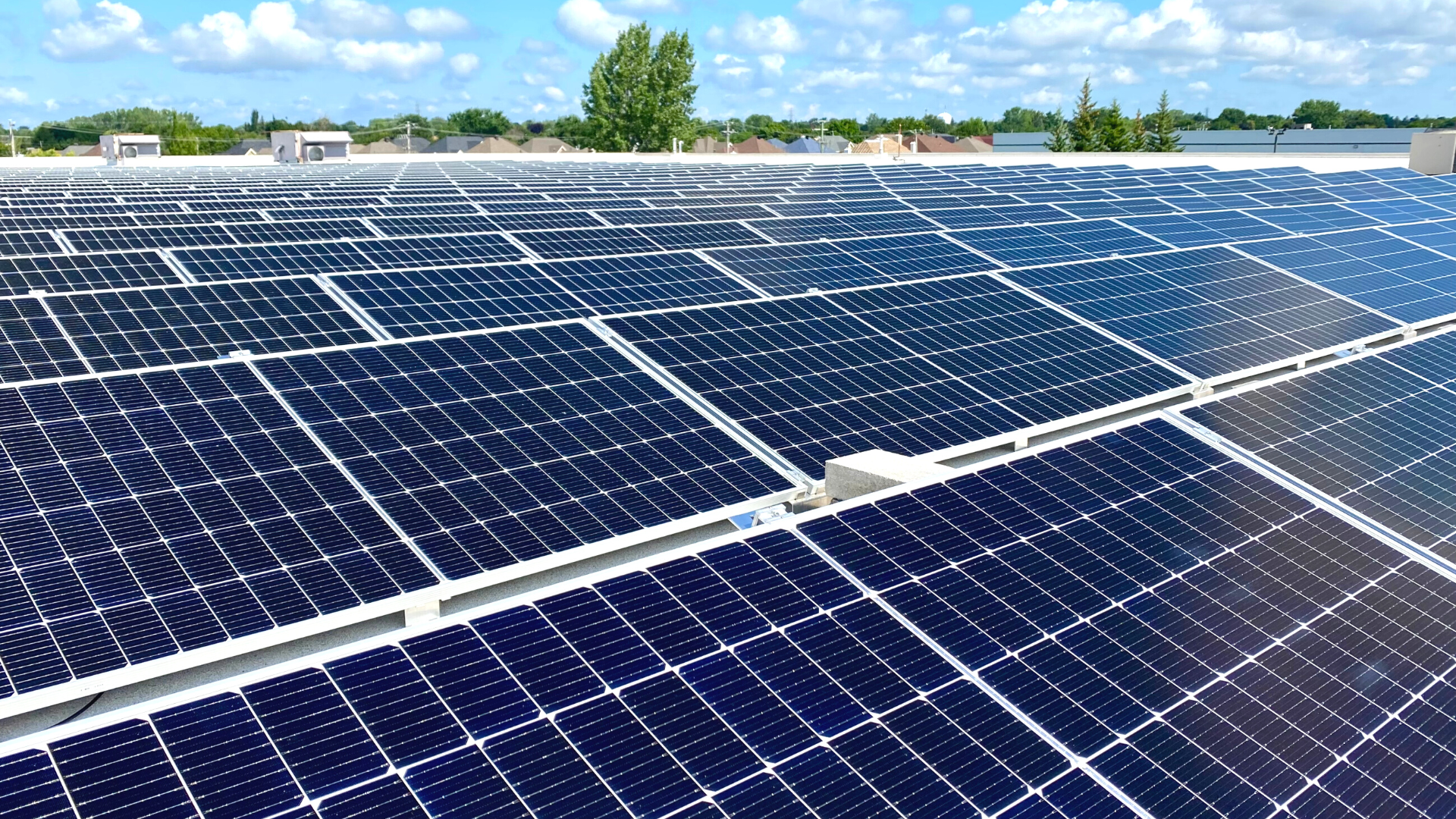I-REC Supply Solutions
I-RECs & Programs for Renewable Electricity Markets
Our I-REC supply solutions for renewable electricity markets are trusted by energy project developers, utilities, equipment manufacturers, and energy retailers around the world. As a registered supplier of international renewable energy certificates (I-RECs) with extensive experience in environmental commodities trading, we are able to help renewable energy market participants meet compliance requirements and achieve their sustainability goals without compromising long-term growth objectives.
To learn more about our renewable electricity supply solutions and I-REC products, contact a member of our environmental commodities trading team.
- International Renewables Energy Certificates (I-RECs)
- Renewable Electricity Markets
- Industry Associations
What are International Renewable Energy Certificates?
International Renewable Energy Certificates (I-RECs) are a market-based mechanism that enables organizations to demonstrate that they are sourcing their electricity from renewable sources. I-REC digital certificates represent proof that a certain quantity of electricity has been generated from renewable energy sources, such as solar, wind, or hydro. They are issued by a registry that verifies and tracks the generation, transfer, and redemption of renewable energy attributes associated with electricity production.
I-REC Trading
I-RECs can be traded on international markets, allowing companies in regions with limited renewable energy resources to support renewable energy development in other regions. I-RECs are recognized by many international organizations and are used as a tool to measure and report on progress towards renewable energy goals, such as those set out in the United Nations Sustainable Development Goals and the Paris Agreement.
How are Renewable Electricity Markets Organized?
Renewable electricity markets typically consist of two types of buyers: those who are required to purchase renewable electricity and those who voluntarily purchase it. In both cases, buyers generally want to make a claim, or publicly state or disclose that they are purchasing or using renewable energy.
Mandatory/compliance markets exist because of policy decisions, such as state renewable portfolio standards (RPSs). RPSs require obligated electric service providers to have a minimum amount of renewable energy in their electricity supply. These policy decisions often specify eligible energy resources or technologies and describe how electricity service providers must comply. In these markets, electricity service providers use renewable energy certificates (RECs) to demonstrate compliance with mandated renewable energy requirements.
Voluntary markets, also referred to in the U.S. as “green power markets,” are driven by consumer demand for certain types of renewable energy. Voluntary markets allow a consumer to procure renewable electricity at levels above and beyond what mandatory policy decisions require and to reduce the environmental impact of their electricity use. Voluntary green power products must offer a significant benefit and value to buyers to be successful.
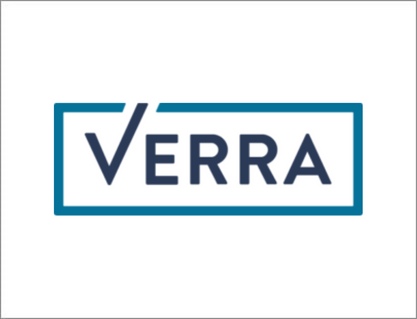 |
The Verra RegistryVerra is a global leader helping tackle the world’s environmental and social challenges by developing and managing standards that help the private sector, countries, and civil society achieve ambitious sustainable development and climate action goals. The standards and programs Verra develops and manages are globally applicable and advance action across a wide range of sectors and activities. Programs undergo extensive stakeholder consultation and expert review, and draw from four key components: standard, independent assessment, accounting methodologies, and registry.
|
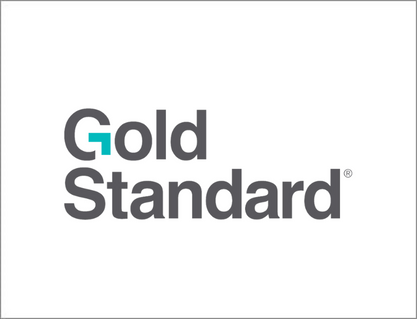 |
Gold StandardThe Gold Standard (GS) is a voluntary carbon offset program focused on progressing the United Nation’s Sustainable Development Goals and ensuring that project’s benefit their communities. It can be applied to voluntary offset and Clean Development Mechanism (CDM) projects. The GS CDM was launched in 2003 after a two-year consultation with stakeholders, governments, non-governmental organizations, and private sector specialists from over 40 countries. The GS for voluntary offset projects was launched in 2006. The GS project registry – containing all projects implemented through the standard was launched in 2018.
|
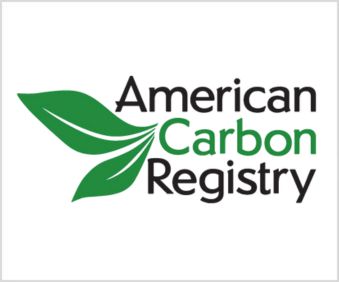 |
American Carbon Registry (ACR)The American Carbon Registry (ACR), a nonprofit enterprise of Winrock International, was founded in 1996 as the first private voluntary greenhouse gas registry in the world. Winrock operates ACR to create confidence in the environmental and scientific integrity of carbon offsets in order to accelerate transformational emission reduction actions.
|
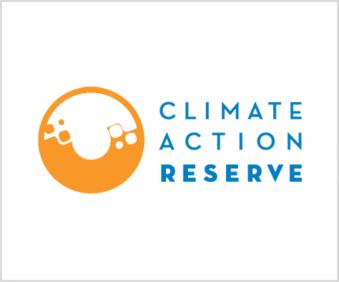 |
Climate Action Reserve (CAR)The Climate Action Reserve (CAR) is an offset registry for global carbon markets. CAR establishes high quality standards for carbon offset projects, oversees independent third-party verification bodies, issues carbon credits generated from such projects and tracks the transaction of credits over time in a transparent, publicly-accessible system.
|
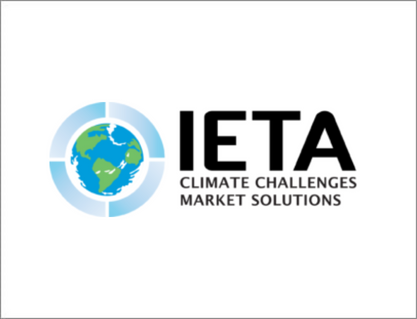 |
International Emissions Trading Association (IETA)The International Emissions Trading Association (IETA) is a non-profit association with more than 250 members who are active stakeholders in the international carbon and emissions markets. The organization was created in 1999 to establish a global framework for greenhouse gas emission reductions trading.
|
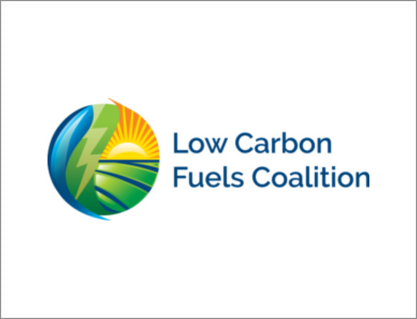 |
The Low Carbon Fuels CoalitionThe Low Carbon Fuels Coalition (LCFC) is a technology neutral trade association dedicated to the support and expansion of market-based low carbon fuel policies. The organization supports market-based low carbon fuel policies that reduce carbon pollution while creating jobs, improving air quality, harnessing waste streams, driving innovation, and stimulating agriculture. |
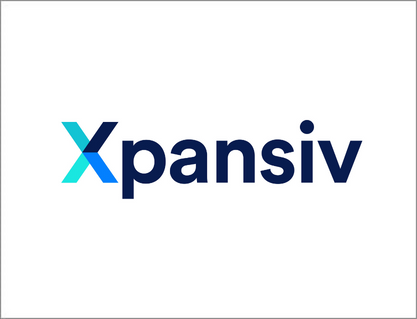 |
Xpansiv CBLCBL has established the first of its kind Standard Instruments Program (SIP) to build on market infrastructure to accompany and govern the launch of spot contracts for the settlement and physical delivery of environmental commodities across existing registries that can be determined as meeting certain defined, standardized criteria for market quality and performance. |
Related Content

Carbon Offsets
A carbon offset is a transferrable credit certified by governments or certifying bodies to represent an emission reduction of one metric tonne of CO2, or an equivalent amount of other GHGs.

Carbon Markets
Global carbon markets are broken down into two major market types; voluntary carbon markets (also known as VCMs) and compliance carbon markets, which vary by jurisdiction.

Carbon Trading
Carbon Trading is a market-based approach to slowing global warming. Supply and demand set the commodity price on carbon credits, offsets, and renewable energy certificates (RECs).
Environmental Commodities
Learn more about our carbon credit, carbon offset and renewable energy certificate (REC) programs & solutions for compliance and voluntary carbon markets around the world.

Carbon Pricing
A carbon price typically appears as a carbon tax or in emissions trading, with the main policy instrument being an Emissions Trading System (ETS), also known as Cap-and-Trade (CAT) program.
